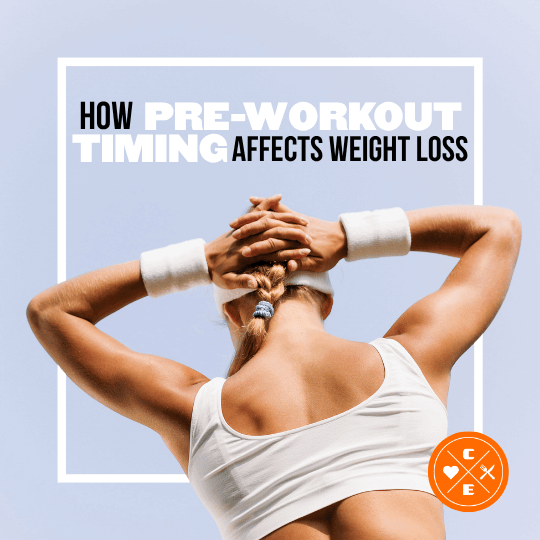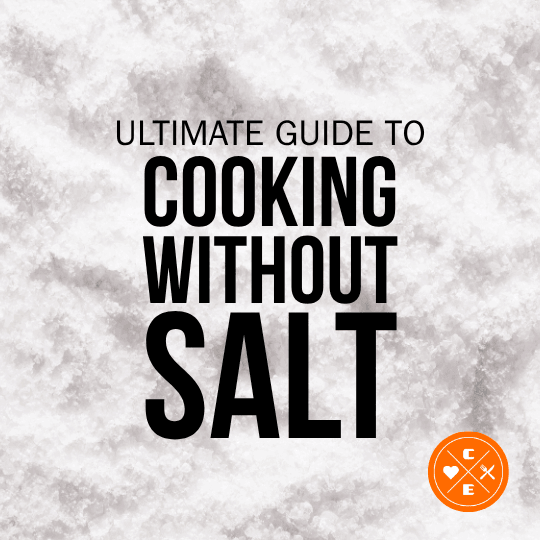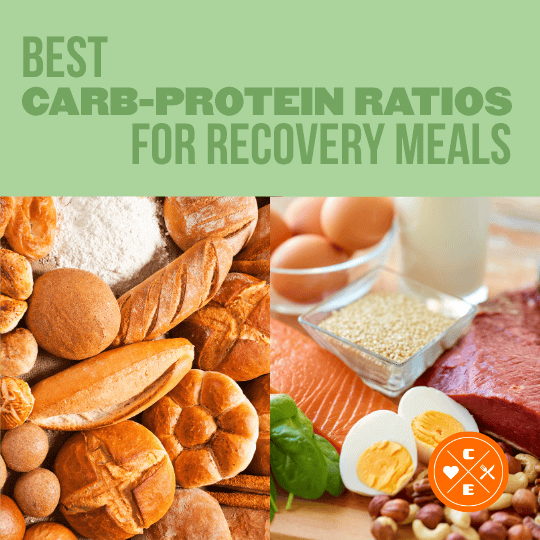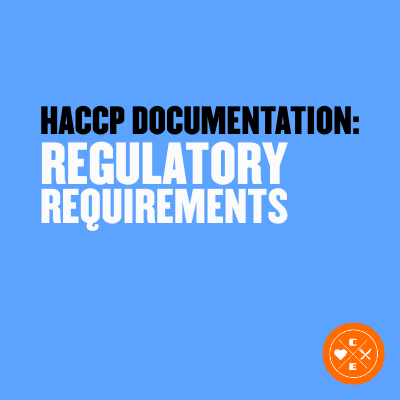How Pre-Workout Timing Affects Weight Loss (2026)

Jason Nista
Nutrition
|
Exercises & Fitness
02/15/2026 9:17pm
8 minute read
Quick Answer: The best pre-workout timing for weight loss depends on when you train. Aim for a balanced meal 2–3 hours before, a light snack 60–90 minutes before, or quick-digesting carbs 30–60 minutes before your workout. This approach fuels intense training sessions that burn more calories while keeping you in a deficit.
Why Pre-Workout Timing Matters for Fat Loss
What you eat before a workout matters, but timing can matter just as much.
The timing of your pre-workout meal determines whether you'll have energy to push through an intense session or fade halfway through and cut things short.
Weight loss ultimately comes down to burning more calories than you consume. But here's where timing gets tricky: if you undereat before training, your workout suffers. Shorter sessions, lower intensity, and reduced calorie burn follow.
On the flip side, eating a heavy meal too close to exercise leaves you sluggish, with blood diverted to digestion instead of your working muscles.
The sweet spot varies from person to person, but the principle stays the same—fuel your body enough to train hard while still maintaining a calorie deficit over time. For a comprehensive breakdown of how exercise fits into your weight loss plan, check out our Complete Exercise Guide for Weight Loss.
How to Time Your Pre-Workout Meals
Think of pre-workout timing in three windows, each requiring a different approach to food.
Window 1: 2-3 hours before exercise is your opportunity for a complete meal. At this point, you have time to digest proteins, complex carbohydrates, and even some healthy fats. A grilled chicken breast with quinoa and roasted vegetables, or salmon with sweet potato and a side salad, provides steady energy without sitting heavy in your stomach when it's time to move.
Window 2: 60-90 minutes before calls for something lighter. Your body needs fuel but doesn't have time to break down a full meal. Greek yogurt with berries, a small turkey wrap, or toast with cottage cheese work well here. These combinations offer quick energy from carbs plus enough protein to protect your muscles during training.
Window 3: 30-60 minutes before requires fast-digesting options. A banana with a tablespoon of nut butter, a handful of dried fruit, or a small protein shake can give you the boost you need without causing stomach issues. Skip anything high in fiber or fat—they take too long to process and may leave you uncomfortable mid-workout.
Morning Workouts: To Eat or Not to Eat?
Morning exercisers face a unique challenge.
Waking up at 4 AM to eat a full meal before a 6 AM gym session isn't realistic for most people. So what's the best approach?
For moderate cardio lasting 30-45 minutes, fasted training can work. Your liver stores enough glycogen overnight to fuel lighter sessions, and many people feel more alert exercising before breakfast.
But if you're doing high-intensity intervals or strength training, skipping food often backfires. Even a small snack—half a banana, a few dates, or a splash of diluted juice—15-30 minutes before can make the difference between a productive session and one where you're watching the clock, waiting to be done.
Pay attention to how you feel. If you're getting lightheaded, fatigued early, or dreading workouts, experiment with adding a small pre-workout snack and see if things improve.
What to Eat for Different Timing Windows
The closer you get to your workout, the simpler your food should be.
With 2-3 hours to spare, aim for roughly 45-60% of your calories from carbohydrates, 20-30% from protein, and the rest from healthy fats.
This might look like oatmeal topped with Greek yogurt and berries, or a whole-wheat wrap filled with chicken, vegetables, and hummus. Complex carbs provide sustained energy, protein supports your muscles, and a small amount of fat keeps you satisfied without slowing digestion.
When you have just an hour or two, shift toward carb-heavy snacks with minimal fat. Toast with peanut butter and banana, cottage cheese with pineapple, or a fruit smoothie with a scoop of protein powder all fit the bill. These options top off your energy stores without overwhelming your digestive system.
In the final 30-60 minutes, keep things simple. Quick carbs are your friend here—a rice cake with honey, applesauce with a few pretzels, or half a bagel with jam. These digest rapidly, giving you immediate fuel without the heaviness.
For more guidance on which foods support weight loss best, see our Complete Guide to the Best Foods for Weight Loss.
Common Pre-Workout Timing Mistakes
Two mistakes derail people most often: training on empty or eating too much too close to exercise.
Working out hungry might seem like a shortcut to burning fat, but without adequate glucose, your body may break down muscle tissue for energy.
Muscle loss slows your metabolism over time—the opposite of what you want for sustainable weight loss. You'll also likely cut your workout short or reduce intensity, burning fewer total calories.
Eating a large meal right before exercise creates different problems. Blood flows to your digestive system when it should be powering your muscles. The result? Sluggishness, nausea, and a workout that feels twice as hard as it should.
High-fat and high-fiber foods cause trouble regardless of timing if eaten too close to exercise. Both take longer to digest and can cause cramping or discomfort during movement. Save the big salads and avocado toast for meals that aren't immediately pre-workout.
Personalizing Your Approach
These guidelines work for most people, but your body might have different preferences. Start with the general recommendations—a light snack about 90 minutes before training—and adjust from there.
If you feel heavy or bloated during exercise, try eating 30 minutes earlier. If you're running out of energy midway through, shift your meal closer to your workout or add some quick carbs.
Keep food choices consistent while you experiment with timing so you can isolate what's actually making the difference.
The type of workout matters too. Core-intensive exercises like squats and deadlifts demand more digestion time than steady-state cardio. High-intensity sessions may benefit from faster-digesting pre-workout foods, while endurance activities need slower-burning fuel.
Making It Easy with Prepared Meals
Planning meals around workout schedules takes effort—grocery shopping, cooking, portioning, timing everything correctly. That's where prepared meals can simplify things.
Clean Eatz Kitchen's Weight Loss Meal Plan offers portion-controlled meals under 600 calories, perfect for the 2-3 hour pre-workout window. The High Protein Meal Plan supports muscle preservation during weight loss, which is crucial for keeping your metabolism healthy. Both options eliminate guesswork around macros and portions, letting you focus purely on timing.
For last-minute fuel, keep quick snacks on hand. Having the right food ready means you're less likely to skip pre-workout nutrition or grab something less ideal because it's convenient.
Frequently Asked Questions
What's the best time to eat before a workout to support weight loss?
For most people, eating a balanced meal 2-3 hours before exercise provides ideal fuel without feeling heavy. If you're short on time, a light snack 30-60 minutes beforehand works well. The goal is having enough energy to work out intensely while still maintaining a calorie deficit.
Should I work out on an empty stomach to burn more fat?
Fasted cardio can work for low-intensity morning sessions, but it often backfires for harder workouts. Without fuel, your energy drops quickly, leading to shorter, less effective sessions. You may also lose muscle tissue, which hurts long-term fat loss.
What should I eat 30 minutes before a workout?
Stick to quick-digesting foods like a banana with nut butter, dried fruit, or a light protein shake. Avoid high-fat or high-fiber options that slow digestion and may cause stomach discomfort.
Does pre-workout meal timing affect how many calories I burn?
Yes. Proper timing gives you energy to train harder and longer, increasing total calorie burn. Poor timing—eating too close to exercise or not eating at all—typically reduces workout quality and burns fewer calories overall.
The Bottom Line
Pre-workout timing isn't about following rigid rules—it's about giving your body the fuel it needs to train effectively while staying in a calorie deficit. Eat a balanced meal 2-3 hours before, lighter fare 60-90 minutes out, or quick-digesting carbs in the final 30-60 minutes. For morning workouts, experiment with fasted training or small snacks to find what works for you.
The best approach is the one you'll actually stick with. Start with these guidelines, pay attention to your energy levels and workout quality, and adjust until you find your personal sweet spot.
Disclaimer: This content is provided for informational use only and is not intended as medical advice or as a substitute for the medical advice of a healthcare professional.
Related Articles
How to Cook Without Salt: Flavor Tips That Actually Work
8 minute read
Best Carb-Protein Ratios for Post-Workout Recovery
6 minute read
HACCP Documentation: Regulatory Requirements
14 minute read



